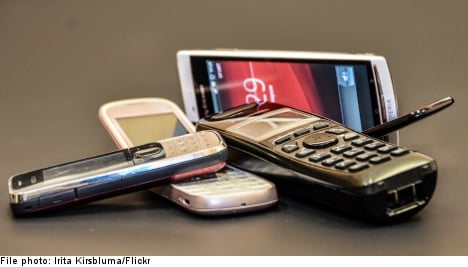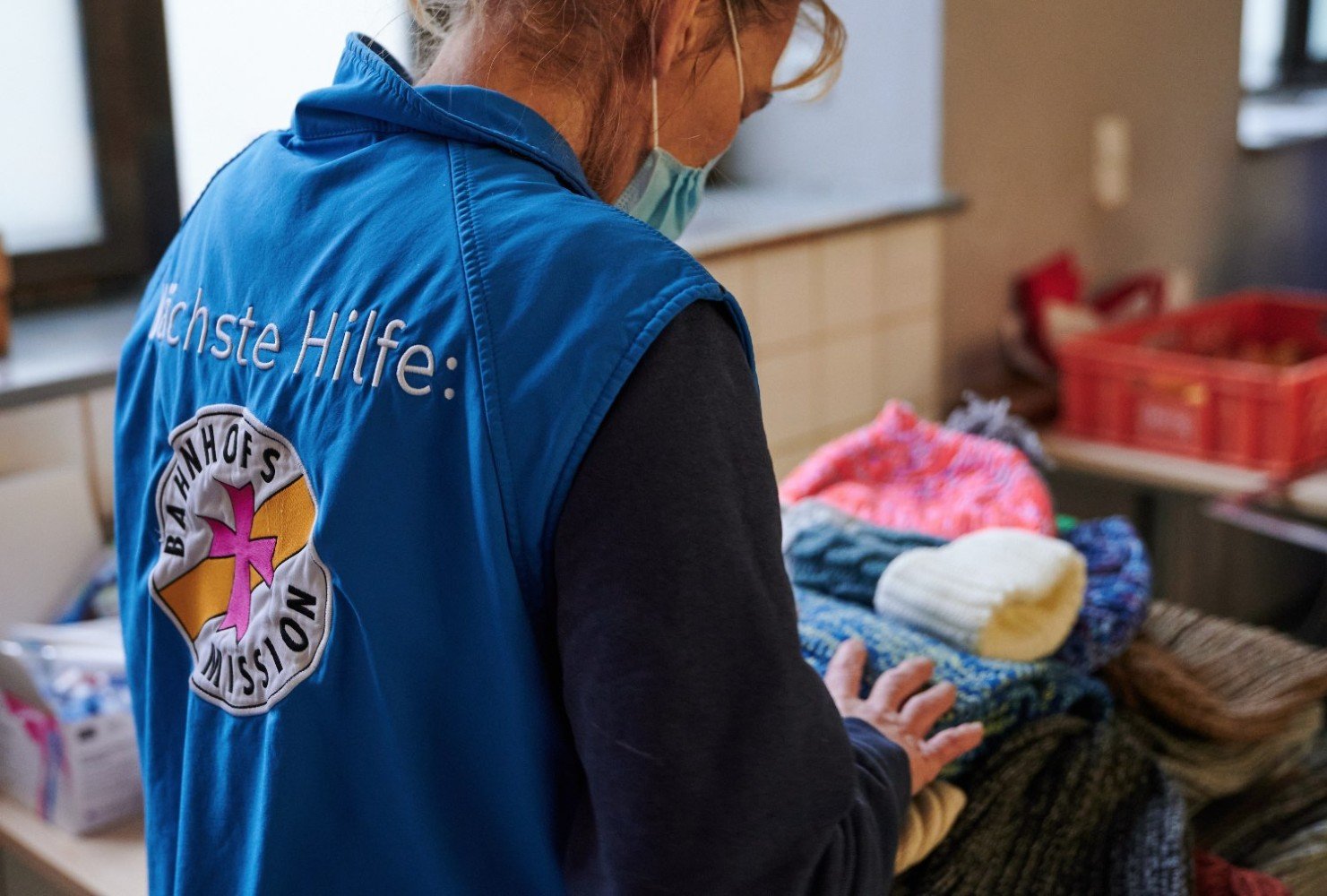Swedish charities and NGOs suffered a downturn in SMS donations after Sweden’s four main mobile network operators – Telia, Tele2, Tre and Telenor – introduced mandatory online registrations for mobile phone money transfers on February 1st.
With the new rules, mobile operators required their customers to register online, including the submission of sensitive personal information, in order to greenlight a money transfer via text message.
“When the new SMS-rules were introduced we lost 92 per cent of our SMS-donations. Now we can hopefully get some of that back,” Swedish Red Cross wrote on Twitter.
The organization published its figures at the end of February, comparing SMS donations to February 2012, and warned the drop could have humanitarian consequences.
Swedish Unicef and Doctors Without Borders also saw a sharp reduction in donations.
Charities blamed the mobile operators’ new money transfer system, WyWallet, which required potential donors to fill in their personal identification number (personnummer) and credit card details.
In addition to being cumbersome, the registration process also raised privacy concerns among the public, despite reassurances by WyWallet that it does not share any personal information with third parties.
At the time,WyWallet’s head of marketing, Adam Hasslert, told news agency TT that the payment services law requires that a client be identified before a transaction is made.
The law came into force after an EU directive was introduced to counteract money laundering and the financing of terrorist activities.
However, TT noted that the law does not require all mobile payments to be subject to client registration.
WyWallet received sharp criticism from companies, too, with traders noting a negative effect on sales.
The biggest user of SMS payments, Stockholm Public Transport (Storstockholms Lokaltrafik), also reacted negatively to WyWallet.
In 2012, Stockholm commuters bought 11.1 million SMS tickets, corresponding to six per cent of ticket sales.
TT/The Local/nr Follow The Local on Twitter



 Please whitelist us to continue reading.
Please whitelist us to continue reading.
Member comments